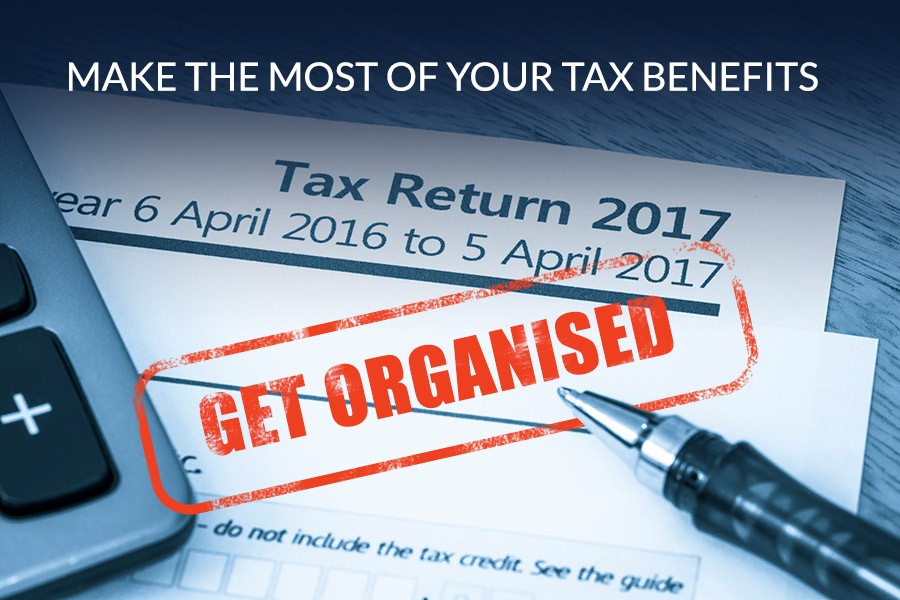Some of that $1 million tax liability could be turned into equity with a decent property portfolio!
If you invest in property, you need to find an experienced accountant that specialises in real estate investments so that together, you can minimise your tax bill.
Tax deductions are effectively another income stream.
On the go? Here’s 30 seconds of key take outs:
- Be more organised and make the most of your tax benefits – miss nothing.
- Feel in control of your investments through running a simple spreadsheet.
- Use a property focused accountant someone who understands property and what you can claim.
Keep reading >>
I love passing on lessons I’ve learned along the way in decades of investing in property. I’ve made the mistakes, learned from them and continued to grow in wealth and knowledge.
Here is your opportunity to leverage from some of my early hiccups. Here are some tips and helpful information to help you prepare for your property investment tax return.
Tax preparation tip #1: shoe boxes cost money and time
When I first started investing in property I didn’t have a clue what property related expenses I could or couldn’t claim. My first appointment with a tax agent was rocking up with a bunch of shabby receipts in a shoe box.
Many accountants still charge in 15 minute increments of time. A shoe box of dog eared receipts takes some time to sort through. It’ll cost you time and money.
A shoe box approach will almost certainly mean you’ll miss a whole bunch of tax credits due to you because you’re disorganised. Messy shoe box, messy mind!
Take a trip to a stationery retailer and buy yourself an expandable file, or a folder with clear plastic inserts. Every time any piece of paper arrives in your mail box related to your property investment, once dealt with, it goes straight into your new filing system.
Over time, you’ll get a better sense of what expenses you can claim, and your filing will look more organised every year!
Tax preparation tip #2: think yourself organised
- Be a neat record keeper: file all property related documents and receipts together, in logical groupings. It’ll save you loads of time, every year.
- Track cash flows: start to track your cash flows using a spreadsheet. A simple spreadsheet will make you feel like you’re in control. At any one time you’ll know where you’re at with cash flow, and what expenses are coming up. A cash flow spreadsheet reduces stress.
- Audit your property management expenses: your cash flow spreadsheet will help you benchmark and compare the end of year statement you receive from your property manager, against your records. Your accountant will love that you have a spreadsheet. It will save your accountant time, and you, money.
- Find an efficient, property focused accountant: accountants tend to find their niches of specialties. Find an accountant that specialises in property investment. You need a team to transact a property deal a good accountant is an important team member.
- Claim your tax credits all through the year: if you have multiple properties or a heavy negative gearing shortfall, you have the option of asking your accountant to submit a tax withholding variation form. Your accountant will then adjust the amount of tax you pay, freeing up more cash flow for you.
If you feel like you’re paying too much tax and you haven’t landed a quality team to bring your financial goals to life, we can help.
Get some experts around you to help you on your way.
Free investor tools: Reduce your income tax | Tax Calculator App | Tax check list | Tax Tip Fact Sheet






